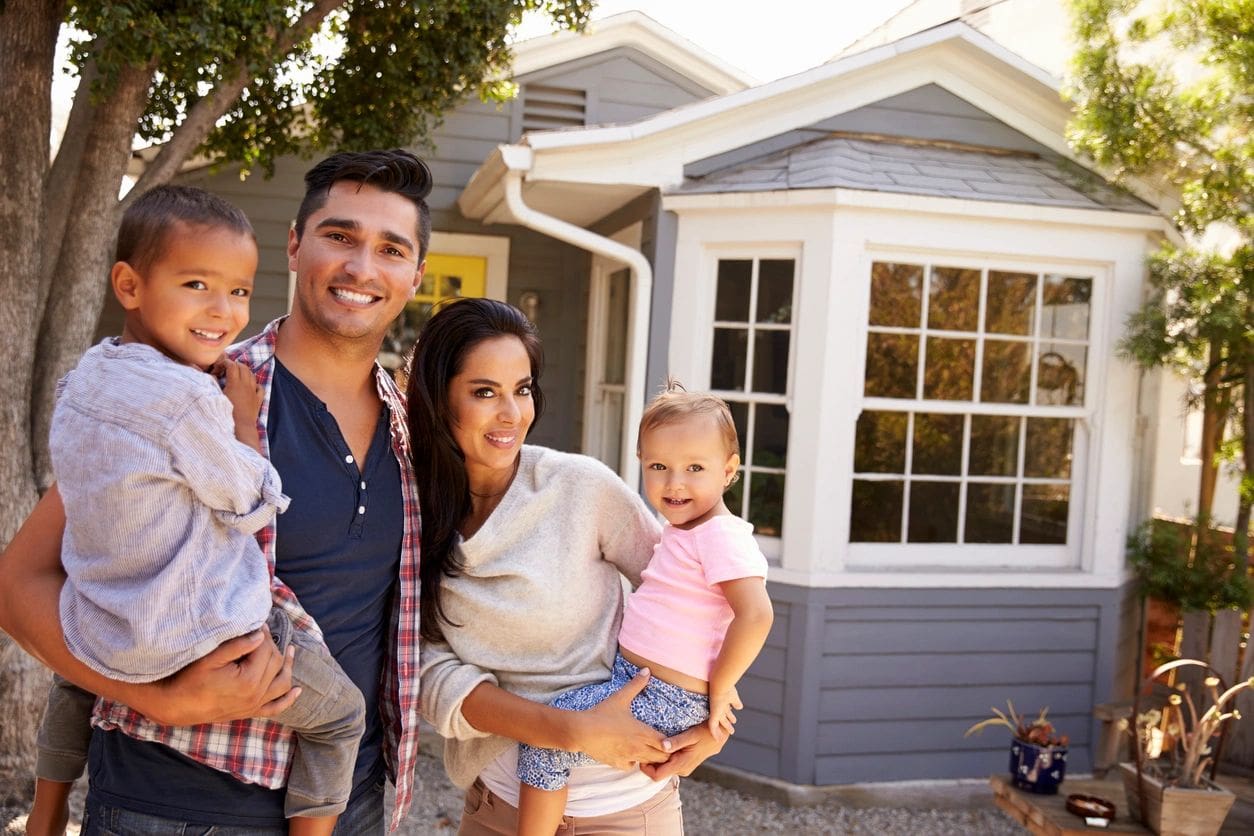Search Posts
Recent Posts
- Rhode Island Legislature Highlights Accomplishments for the 2025 Session June 25, 2025
- Sports in RI: Cody Tow, Volleyball Past, Present and Into His Future – John Cardullo June 25, 2025
- Need a Break? Time for Sour Grapes – Tim Jones June 25, 2025
- Rhode Island Weather Forecast for June 25, 2025 – Jack Donnelly June 25, 2025
- It is what it is: Commentary on 6.25.25 with Jen Brien June 25, 2025
Categories
Subscribe!
Thanks for subscribing! Please check your email for further instructions.

U.S. East Coast: Time is now to take hurricane, wind, rain precautions
As we see Hurricanes which may – or may not – impact our state, we are repeating our series on hurricane preparedness in one place – and add new information just released from the US Consumer Product Safety Commission. We encourage you to take some time this weekend to look at your home in a strategic way and make necessary adjustments as climate issues become more serious, and closer to our “backyard” than previously.
From CPSC:
As Hurricane Lee continues to strengthen in the Atlantic Ocean, the U.S. Consumer Product Safety Commission (CPSC) is warning consumers in its path about the risks of carbon monoxide (CO) poisoning from portable generators and other post-storm hazards. While its exact path is unclear, Hurricane Lee could impact Puerto Rico this weekend and parts of the U.S. East Coast next week, according to the National Hurricane Center.
Loss of Power—Using a Generator Safely
Consumers need to be especially careful when storms knock out electrical power. CO poisoning from gasoline-powered portable generators can kill in minutes. CO is called the invisible killer because it is colorless and odorless. CO poisoning from portable generators can happen so quickly that exposed persons may become unconscious before recognizing the symptoms of nausea, dizziness or weakness.
An average of nearly 100 consumers die in the U.S. each year from CO poisoning from portable generators, according to CPSC’s latest report on Non-Fire Carbon Monoxide Deaths
Associated with the Use of Consumer Products. An earlier CPSC report shows that from 2011 through 2021, where race was known, non-Hispanic Black or African Americans accounted for 23 percent of generator-related CO deaths, which is much higher than their share in the U.S. population.
In the case of a power outage, follow these important life-saving tips:
- NEVER operate a portable generator inside a home, garage, basement, crawlspace or shed. Opening doors or windows will not provide enough ventilation to prevent the buildup of lethal levels of CO.
- Operate portable generators outside only, at least 20 feet away from the house, and direct the generator’s exhaust away from the home and any other buildings that someone could enter, while keeping windows and other openings closed in the path of the generator’s exhaust. Do not operate a generator on an outside porch or in a carport. They are too close to the home.
- Follow portable generator instructions about electrical shock hazards in inclement weather, which may include use of an NFPA-rated non-combustible generator tent or may state to wait to use the generator until rain passes.
- Check that portable generators have been maintained properly, and read and follow the labels, instructions, and warnings on the generator and in the owner’s manual.
- Look for portable generators that have a CO shut-off safety feature, which is designed to shut the generator off automatically when high levels of CO are present around the generator. These models may be advertised as certified to the latest safety standards for portable generators–PGMA G300-2018 and UL 2201–which are estimated to reduce deaths from CO poisoning by 87% and 100%, respectively. UL 2201 certified models have reduced CO emissions in addition to the CO shut-off feature.
Check CO and Smoke Alarms
- Working smoke and CO alarms save lives! Install battery-operated CO alarms or CO alarms with battery backup on each level and outside separate sleeping areas at home. Interconnected CO alarms are best; when one sounds, they all sound.
- Make sure smoke alarms are installed on every level and inside each bedroom at home.
- Test CO and smoke alarms monthly to make sure they are working properly, and replace batteries, if needed. Never ignore an alarm when it sounds. Get outside immediately. Then call 911.
Dangers with Charcoal and Candles
- Never use charcoal indoors. Burning charcoal in an enclosed space can produce lethal levels of carbon monoxide. Do not cook on a charcoal grill in a garage, even with the garage door open.
- Use caution when burning candles. Use flashlights or battery-operated candles instead. If using candles, do not burn them on or near anything that can catch fire. Never leave burning candles unattended. Extinguish candles when leaving the room and before sleeping.
If Your Home Floods—Dangers with Wet Appliances
- Look for signs that your appliances have gotten wet. Do not touch wet appliances that are still plugged into an electrical source.
- Before using your appliances, have a professional or your gas or electric company evaluate your home and replace all gas control valves, electrical wiring, circuit breakers, and fuses that have been under water.
Dangers with Gas Leaks:
- If you smell or hear gas leaking, leave your home immediately and contact local gas authorities from outside the home. Do not operate any electronics, such as lights or phone, before leaving.
___
5 days of specifics from Hurricane Preparedness Week
